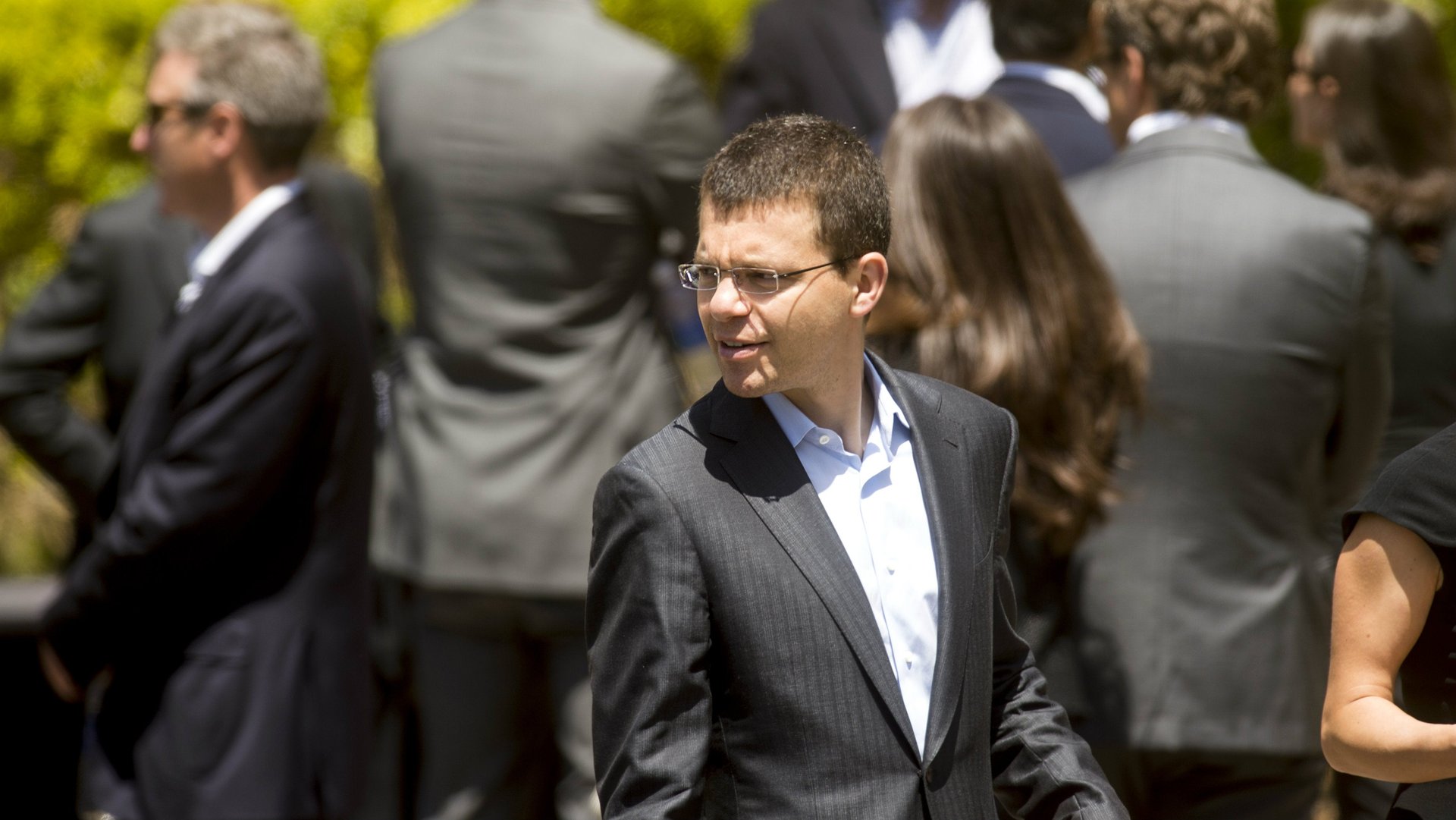A member of the PayPal mafia says hiring for culture fit is completely overrated
The PayPal mafia is one of Silicon Valley’s most iconic founding teams. Its members went on to create an array of billion dollar companies—including Tesla, LinkedIn, and Palantir—and their collective success has never quite been replicated.


The PayPal mafia is one of Silicon Valley’s most iconic founding teams. Its members went on to create an array of billion dollar companies—including Tesla, LinkedIn, and Palantir—and their collective success has never quite been replicated.
A lot has been written about the dynamics of the Paypal founders in order to understand their special formula. Among the most picked over revelations is how its members were ruthless in hiring friends with similar backgrounds. Mafia member Max Levchin once recounted how he chose not to hire a job applicant after he said he played hoops (the PayPal founders prefer chess), something that he has stood by in subsequent interviews. This rigid hiring philosophy—and the role it played in the success of a largely homogenous team of white, young male founders—offset a larger conversation around the need for diversity in tech.
Yet Levchin, who has raised more than $400 million for his financial lending company Affirm and millions for his fertility app Glow, says that a lot has been lost in translation over his statements. It’s easy to interpret them as advocacy for a strict culture fit when considering new hires. But hiring explicitly for culture fit is, in fact, the surest way to sink a startup, says Levchin.
You need something that runs deeper than like-minded and agreeable people in order to weather the inevitable volatility—all of the euphoric highs and crushing lows—that every startup faces. “PayPal was an extreme experience in survival against all odds, over and over again, with enormous and lasting success,” Levchin previously told the New York Times.
That anchoring element was trust borne of respect. ”At PayPal, people fundamentally respected one another’s intelligence,” he explained to Quartz on Oct. 14 at a Sequoia Capital event in New York City. There were plenty of wars of egos during management meetings; trust is what protected the company from collapse. ”What made PayPal different was that in the crucible of a really difficult moment we’d say, ‘you’re the best in finance, you’re the best in engineering. We’re going to completely trust your opinion because we know you’re the best and we trust your area of expertise.'”
He argues that no amount of likability or shared traits can make up for that kind of trust and respect. By overemphasizing culture fit, founders guarantee their company’s demise. Levchin unpacked the statement:
“In other companies that I’ve built or seen, there’s the opposite. People are extremely well-liked across the teams—people loved each other as human beings—but they doubted the other person’s competence. … Anytime I’ve seen teams with these amazing love affairs, the cofounders cannot be separated, they’re brothers and sisters together, you always want to probe: Do you really respect each other, or do you just really like each other? If your level of expertise isn’t there and you’re kind of making up for that by having a great relationship, it will not survive a single tough moment. In the middle of when everything is on the line—and we’ll go back to loving each other, but right now, I just want you to not do your engineering job because you’re not even that good of an engineer, even though you’re the CTO—that’s the end of the company. That will not survive.”
Trust is built over time, and is strengthened through overcoming adversity. For the PayPal mafia, relying on that sort of radical trust to weather adversity has paid enormous dividends.